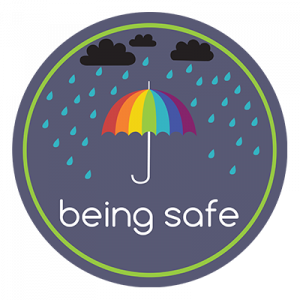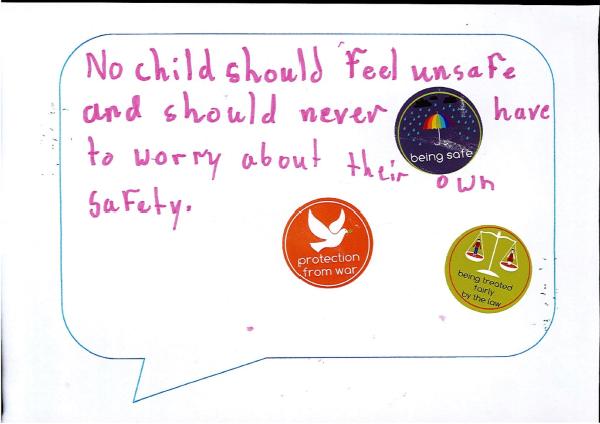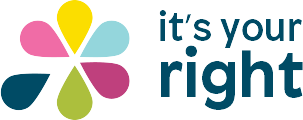You are here:
Being safe
What does this mean?

It’s your right to be safe and protected from harm and exploitation.
Children can be vulnerable. It’s the Government’s job to help protect you from dangerous situations, like abuse, kidnapping or being involved in the drug trade.
If you feel unsafe at home, in your area or at school, you should be able to report it to the Gárdaí, without discrimination and you should be taken seriously.
EXAMPLE: There are laws in Ireland that say that all adults who work with children, like teachers, social workers and doctors, keep children safe and report it to the Gárdaí if they are worried the child might be abused.

Learn more about this right
Do I have this right in Ireland?
- UNCRC, article 11: It’s your right to be protected from kidnapping.
- UNCRC, article 19: It’s your right to be protected from being hurt or mistreated, in body or mind.
- UNCRC, article 33: It’s your right to protection from harmful drugs and the drug trade.
- UNCRC, article 34: It’s your right to be free from sexual abuse.
- UNCRC, article 35: It’s your right not to be kidnapped or sold.
- UNCRC, article 36: It’s your right to be protected from any kind of exploitation (being taken advantage of).
- UNCRC, article 39: It’s your right to help if you’ve been hurt, neglected or badly treated.
- Under article 42A of the Irish Constitution, if it isn’t safe for you to live with your family, it’s your right to be cared for by someone else.
- The Children First act 2015 says that child protection is everyone’s responsibility. It also says that people working with children must report concerns and worries about a child’s safety to Tusla.
- Under the National Vetting Bureau Act (2012-2016), it’s your right that anybody working with children must be Garda vetted.
Links to other organisations
- Childline – Childline is a listening service for children
- ISPCC – The ISPCC runs a Shield Campaign against bullying
- Belong To – Find out about Belong To’s Stand Up campaign against homophobic and transphobic bullying
- Barnardos – Barnardos has information for young people about the right to be safe, including some services young people can contact.
- Tusla – The Child and Family Agency has information for the public, including young people, on how to report concerns that a child is in danger
- Webwise – Webwise has information for children and young people on internet safety.


